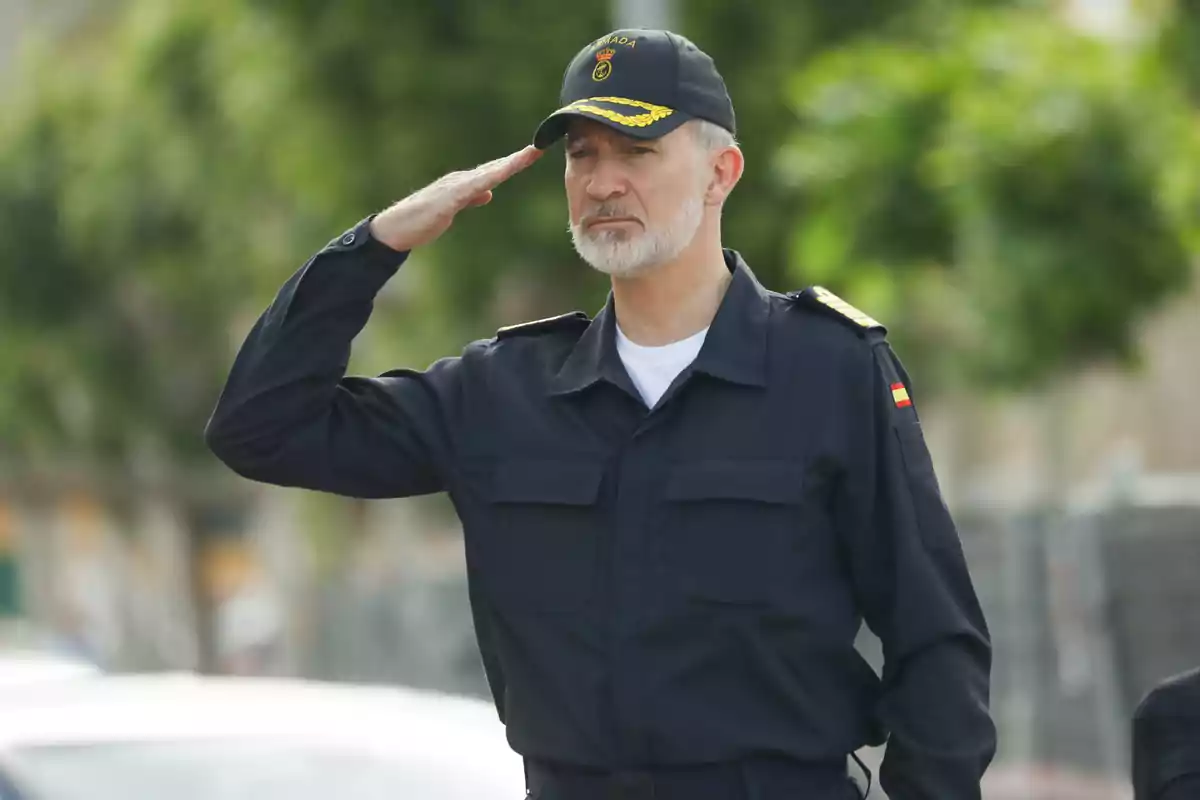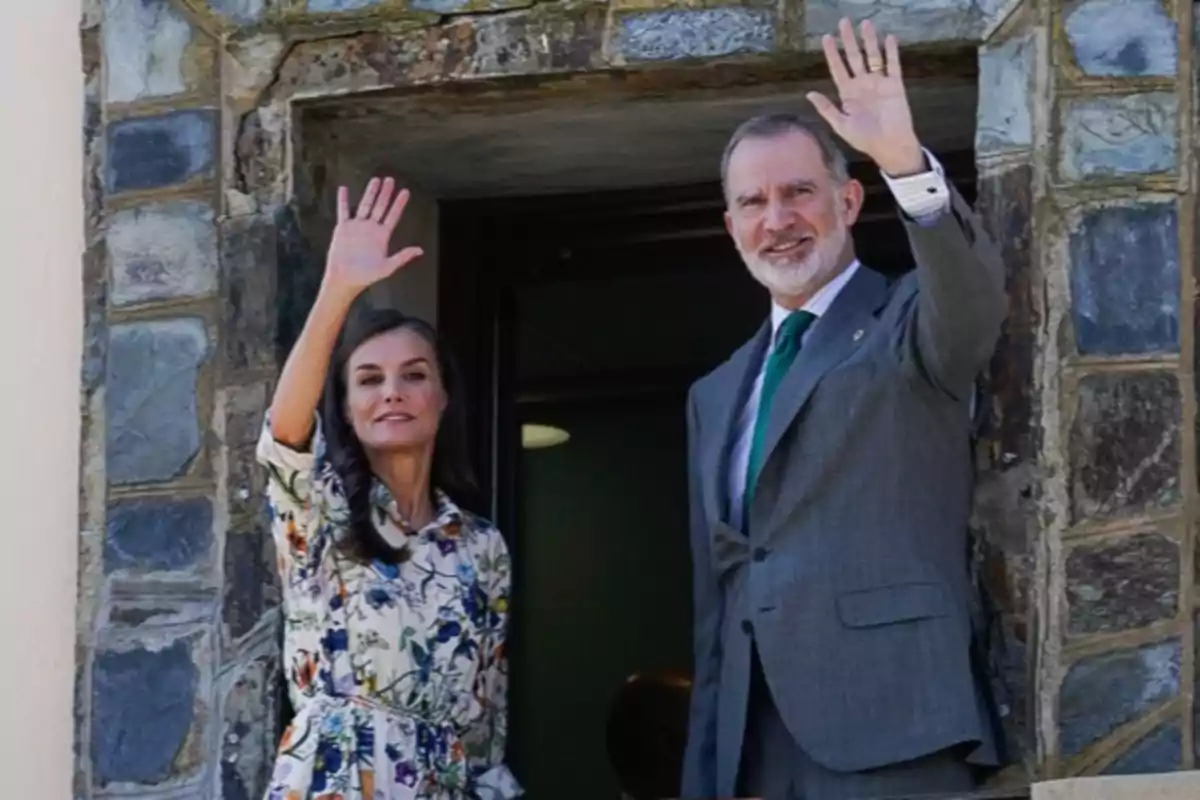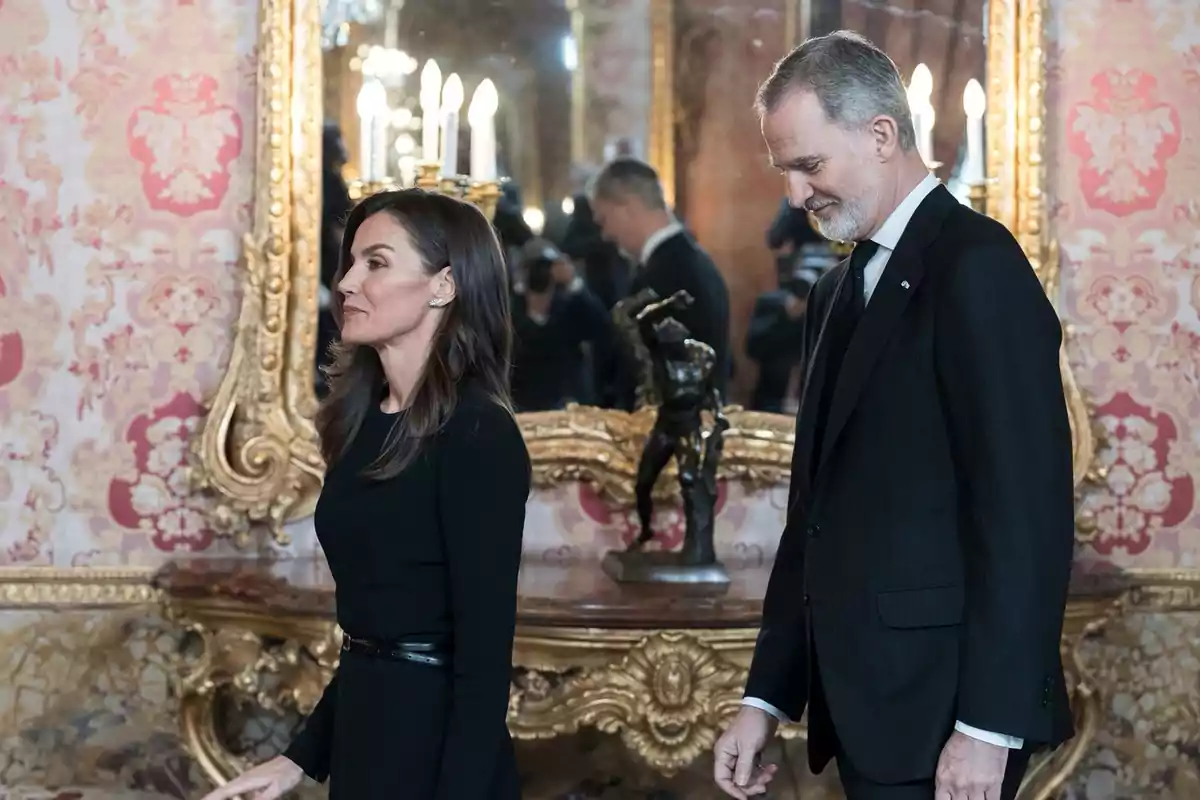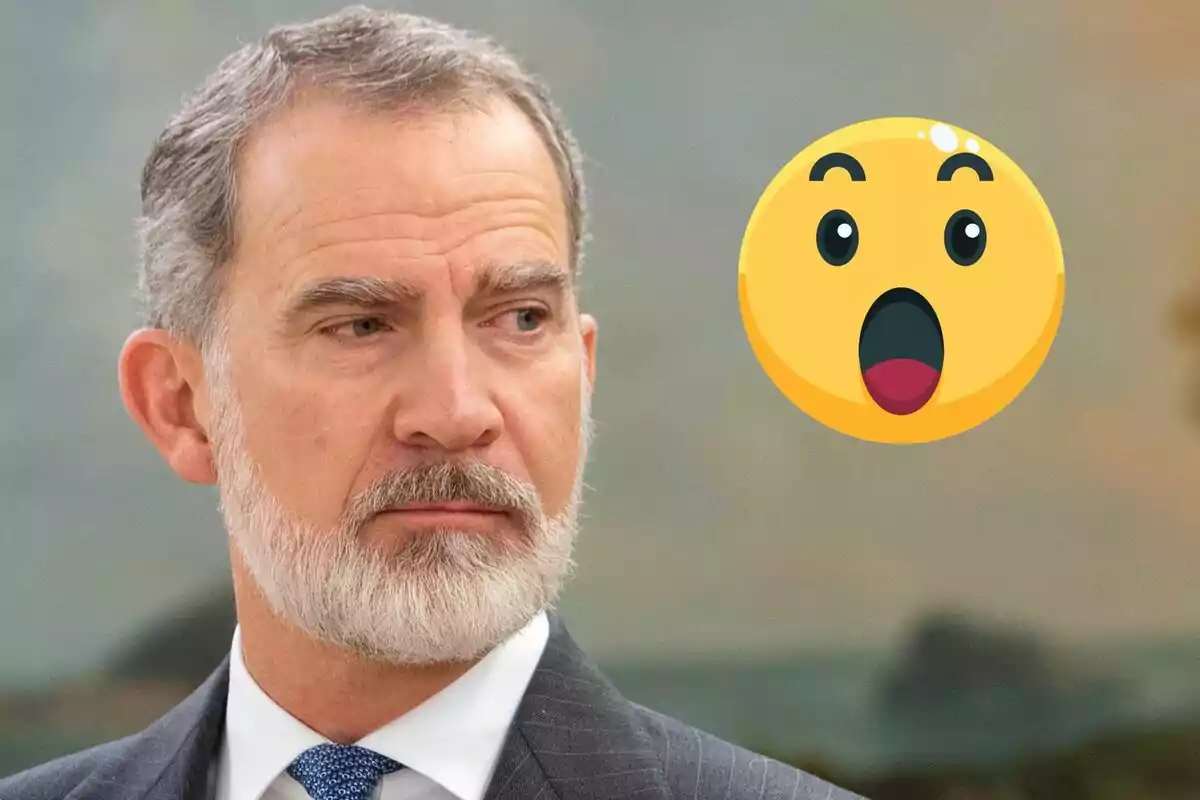The urgent message from King Felipe VI at the presentation of the Charlemagne Prize hasn't gone unnoticed. His words, filled with warnings and a solemn tone, have drawn attention both inside and outside Zarzuela Palace. The institution didn't expect such a direct intervention in a context of growing international political tension.
During the event held in Aachen, the Spanish monarch delivered a message that surprised even his closest advisers. In the presence of European leaders and with Ursula von der Leyen as the honoree, Felipe VI used the stage to make a firm defense of European unity. His intervention not only addressed external challenges, but also included a serious warning about the internal political direction of the continent.

"Power without unity is weakness," the king essentially said, as he warned of the risk that Europe could fragment due to political causes. His statements, made in an institutional tone, made it clear that he watches with concern the rise of divisive rhetoric. "There are dangerous voices that promise freedom at the expense of union," he remarked in one of his most discussed phrases.
The head of state went even further by questioning nationalisms that promise independence as a path toward an idealized sovereignty. From his point of view, those proposals weaken the Union as a whole at a time when cohesion is vital. At Zarzuela Palace, it is acknowledged that the message was more forceful than expected, and a new public appearance is already being prepared to reinforce this line.
The reaction of Zarzuela Palace
Felipe VI also referred to the challenges that Europe faces on the international stage. He mentioned the war in Ukraine, the conflict in Gaza, and trade tensions with the United States. In all those scenarios, he argued that the only way to remain relevant is to act as a united bloc.
In a particularly striking passage, the monarch evoked the historic role of the United States as guarantor of European security. He warned about Washington's new stance, which demands greater commitment from its partners across the Atlantic. "We must not forget that security isn't guaranteed forever," he stated with unusual seriousness.

Zarzuela Palace, which at first hadn't wanted to highlight this event on the official agenda, has reacted quickly after the impact. In the coming hours, they will announce an intervention by the king at an international forum on diplomacy and defense. The goal is to reinforce the message delivered in Germany and underline Spain's commitment to Europe's future.
At the ceremony, which brought together about 700 people (according to local sources), Felipe VI shared the spotlight with top-level figures. Alongside the new German chancellor, Friedrich Merz, he delivered one of the main speeches in honor of von der Leyen. It was in that context that he dared to offer reflections that, according to sources close to him, he had long been wanting to express.
The Charlemagne Prize, which his father Juan Carlos I received in 1982, holds strong symbolism for the Spanish monarchy. It represents recognition of the commitment to European values and cooperation among nations. Felipe VI wanted to take advantage of that symbolism to remind everyone that, without unity, Europe won't be able to face the challenges of the 21st century.
The impact of King Felipe's words
Beyond the political content, the king's presence in Aachen has also been interpreted as support for von der Leyen's continuity at the head of the European Commission. He described her as an "essential figure" in these times of uncertainty. His words, measured but firm, weren't improvised, but carefully crafted with his closest team.

In the monarch's circle, they insist that it wasn't a political intervention, but an institutional reflection on Europe's role. However, some observers have seen in his speech a clearer stance than usual. The reaction from the Palace has been to accept that the moment required a gesture of that magnitude.
The king's tone was firm, but without stridency, as is typical of his usual style. However, it was surprising that he spoke so clearly about the internal risks threatening Europe. That directness is rare in his speeches, which are almost always focused on stability, consensus, and shared values.
Ultimately, Felipe VI's message has sparked a debate that goes beyond protocol. He has made it clear that it's not enough to defend the idea of Europe, but that it's necessary to act responsibly in the face of common challenges. Wrong decisions, made for partisan interests, can weaken a project that has taken decades to build.

